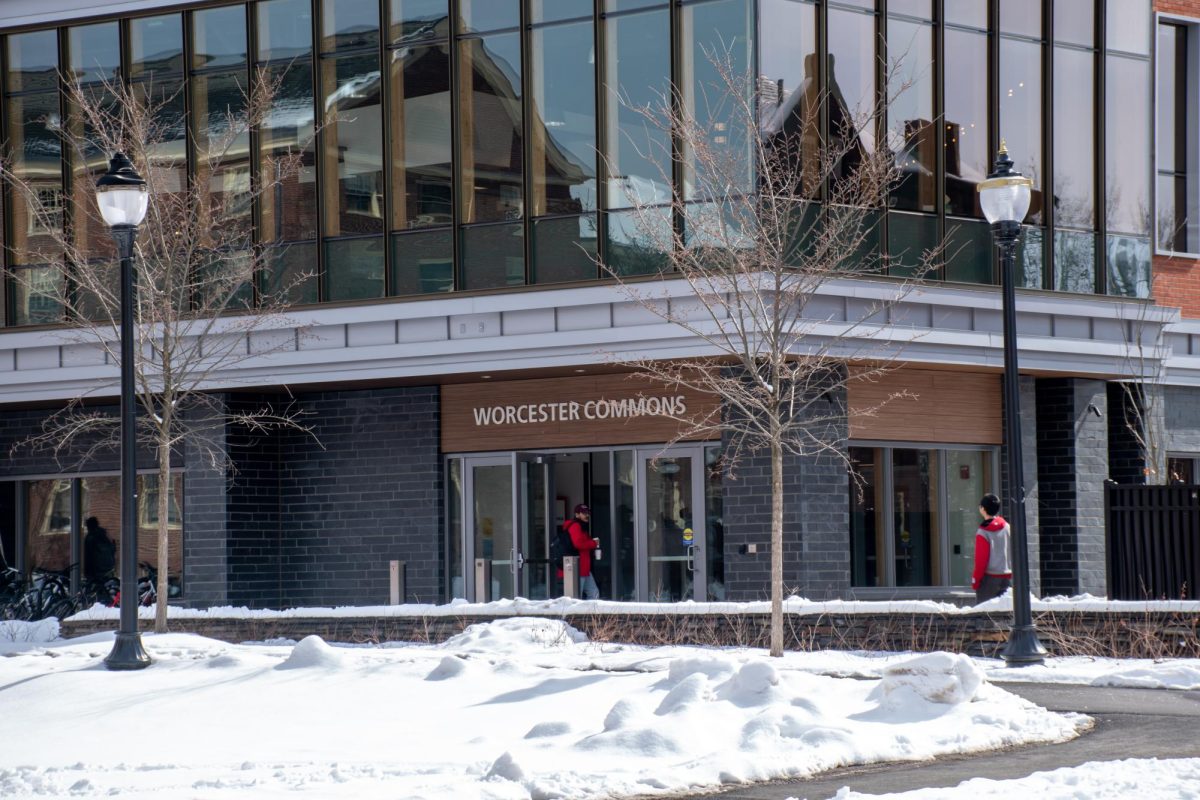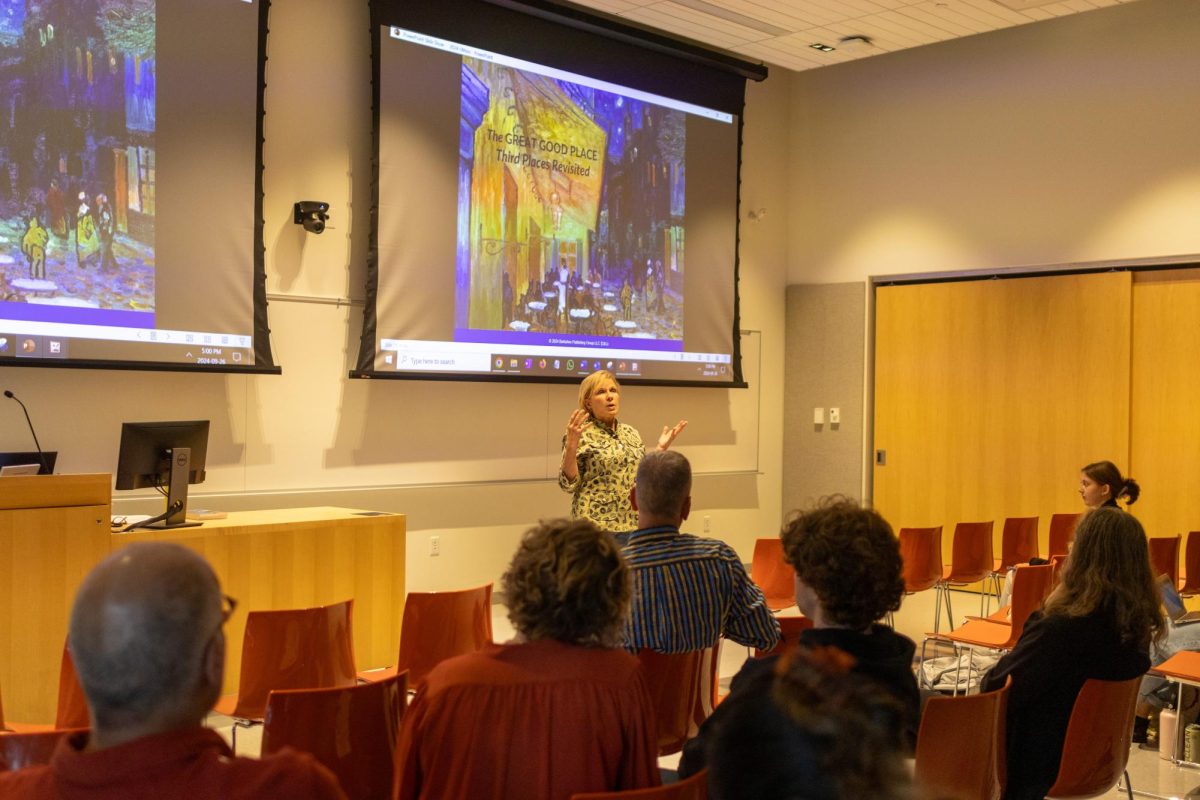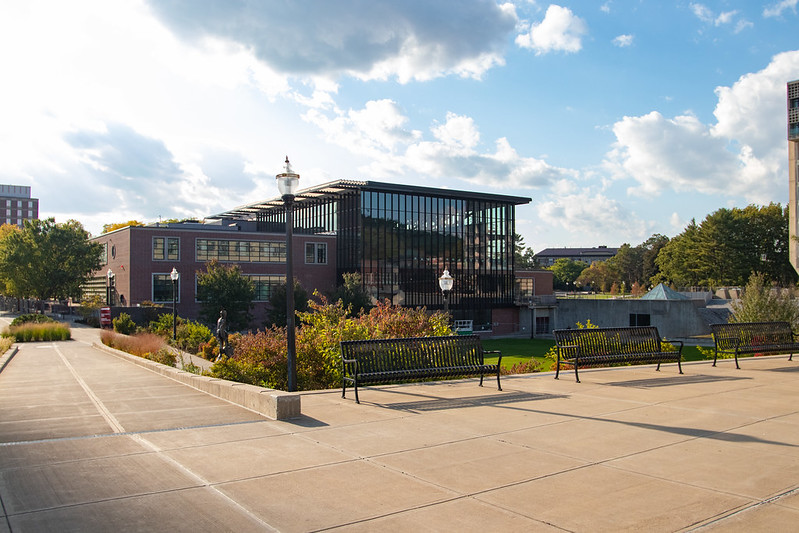
The University of Massachusetts announced the creation of a new School of Earth and Sustainability (SES) last week. Curt Griffin, current head of the department of environmental conservation, will serve as the school’s first director. SES is a partnership within the College of Natural Sciences between the Department of Environmental Conservation, Department of Geosciences and the Stockbridge School of Agriculture.
According to a University press release, the Board of Trustees approved the school on April 13.
SES will encompass the 18 undergraduate and five graduate programs that already exist within the environmental conservation and geosciences departments, as well as the Stockbridge School of Agriculture, Griffin said. These programs are comprised of more than a thousand students and 70 faculty members, he said.
Griffin added that the creation of the new school allows for the “opportunity to establish new undergraduate and graduate programs” and to “better facilitate collaboration between departments.”
Plans for School of Earth and Sustainability have been in the works since 2012, according to Griffin, who said he worked closely with the Faculty Senate, Office of the Provost and Dean of the College of Natural Sciences office.
The shift of these programs into a new school was driven by growing student interest in environmental sciences and sustainability, Griffin said. The campus itself has a growing interest in sustainability. More than 300 classes “with that stamp” are offered to UMass students, he added.
He explained that these “wicked challenges” the world faces in terms of climate change and the environment are interdisciplinary, and so the solutions must also be interdisciplinary. For him, SES is a place for just that – interdisciplinary study.
Griffin outlined two short-term goals for the new school. The first is to provide students with better professional training. The plans are being finalized to give students practical professional experience while in the program and to link students with the school’s partners and future employers.
The second goal is marketing to increase awareness of SES. Griffin said, “We want people to know about the incredible wealth of opportunities here.”
Griffin, a wildlife ecologist himself, still finds time to stand in front of a classroom during the semester; calling himself “passionate about teaching.”
He said that one of his favorite parts of teaching is sharing his experiences traveling and conducting research to “fuel (his students’) passion for making a big difference.”
“(I want to) let them make a big impact on the world with the knowledge and training they get here,” Griffin said.
Marie MacCune can be reached at [email protected] and followed on Twitter @MarieMacCune.


















